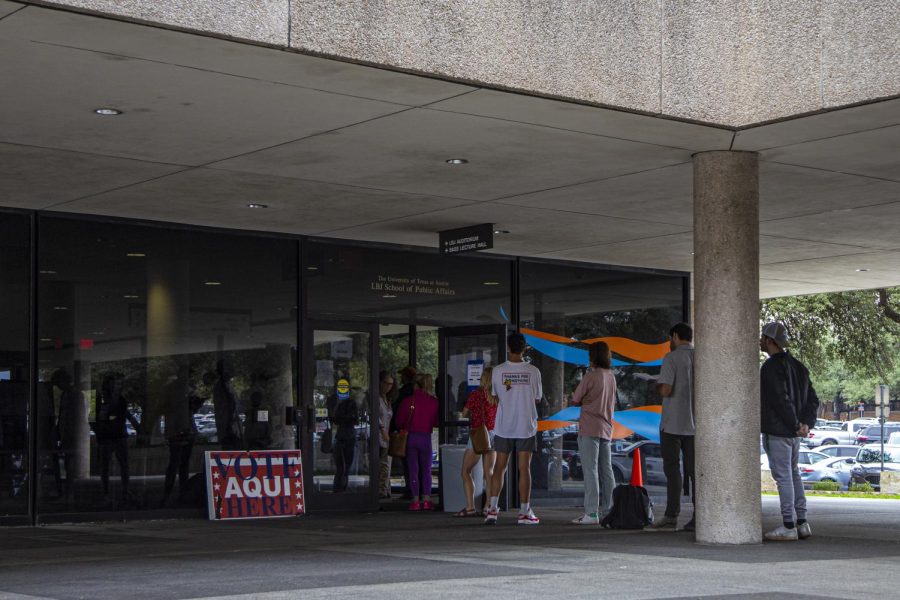Organizers, campaigns work to bring students to the polls for runoffs to decide Austin mayor, city council seats
December 1, 2022
After substantial student turnout in the Nov. 9 midterms election, Austin voters and UT students will head back to the polls to decide the next mayor and three city council seats.
Although the runoff election will be on Dec. 13 — after the fall semester ends for UT — organizers and candidates are confident they can still mobilize students during early voting, which will run from Dec. 1 through Dec. 9 while students are still on campus.
“What makes this runoff really exciting is (that) students had a very measurable and distinct impact on what this runoff election looks like in terms of who will be on the ballot,” said Aaron Lurin, a member of TX Votes, a student organization working to mobilize student voters.
A runoff election occurs when no candidate receives a simple majority, or more than 50% of the vote. Only the two candidates who received the most votes in the general election advance to the runoffs.
The election for Austin’s mayor will be decided in a runoff between Celia Israel and Kirk Watson, neither of whom initially won a simple majority in the initial six-person race. The city council seat for District 9, which includes the UT campus and West Campus, will also be decided in a runoff between Zohaib “Zo” Qadri and Linda Guerrero.
There is typically less turnout in Austin for runoffs compared to the general election, according to Community Impact. The runoff election is held the day after the last day of finals, when most students leave campus for winter break. Political communications junior Lurin said student voters could significantly impact the outcome of the runoffs.
Qadri said students were the “X-factor” in getting him enough votes in the general election to advance to the runoff because he won all eight precincts where most UT students live.
Parisa Mahmud, the communications and digital director for Israel’s campaign, said student turnout had a “huge impact” on the mayoral race. Israel won most of the east side of Austin, including the precincts that encompass the UT campus and its surrounding areas.
“Runoffs are a chance for students to reaffirm their voices and make sure their votes from the general election mean something,” Lurin said. “We know students are engaged. I’ve been talking to some organizers who have been tabling over the past week, and they say that students are absolutely aware that there is a runoff election and they’re excited to vote in it.”
Government and sociology senior Raikolf Lopez said he has been tabling with the University Democrats to inform students about the runoff. He said it is important for students to vote in the runoff so they have a voice in choosing Austin’s mayor.
“A lot of the things (the candidates) are running on are things that affect students,” Lopez said. “The price of your apartment, what transportation across the city looks like. Stuff like that is very important for students to vote on.”
Initially, the two polling locations on campus — the Flawn Academic Center and Lyndon B. Johnson School of Public Affairs — were not included on the city’s list for early and election day runoff voting despite being available during the general election, which would make voting in the runoffs less accessible for students.
Student advocates and organizers successfully mobilized to keep the FAC as a runoff polling location, which Lurin said “is going to matter so much in whether students can take the time away from finals and from work to vote.”
“We could not have gotten to where we’re at without students,” Mahmud said. “They deserve as much of a say as anyone else in Austin.”



